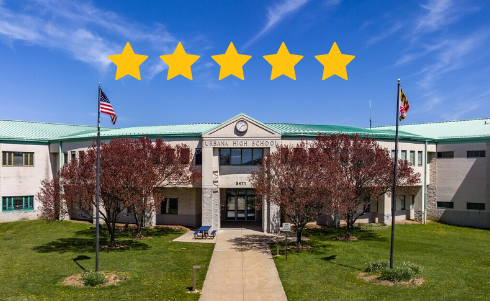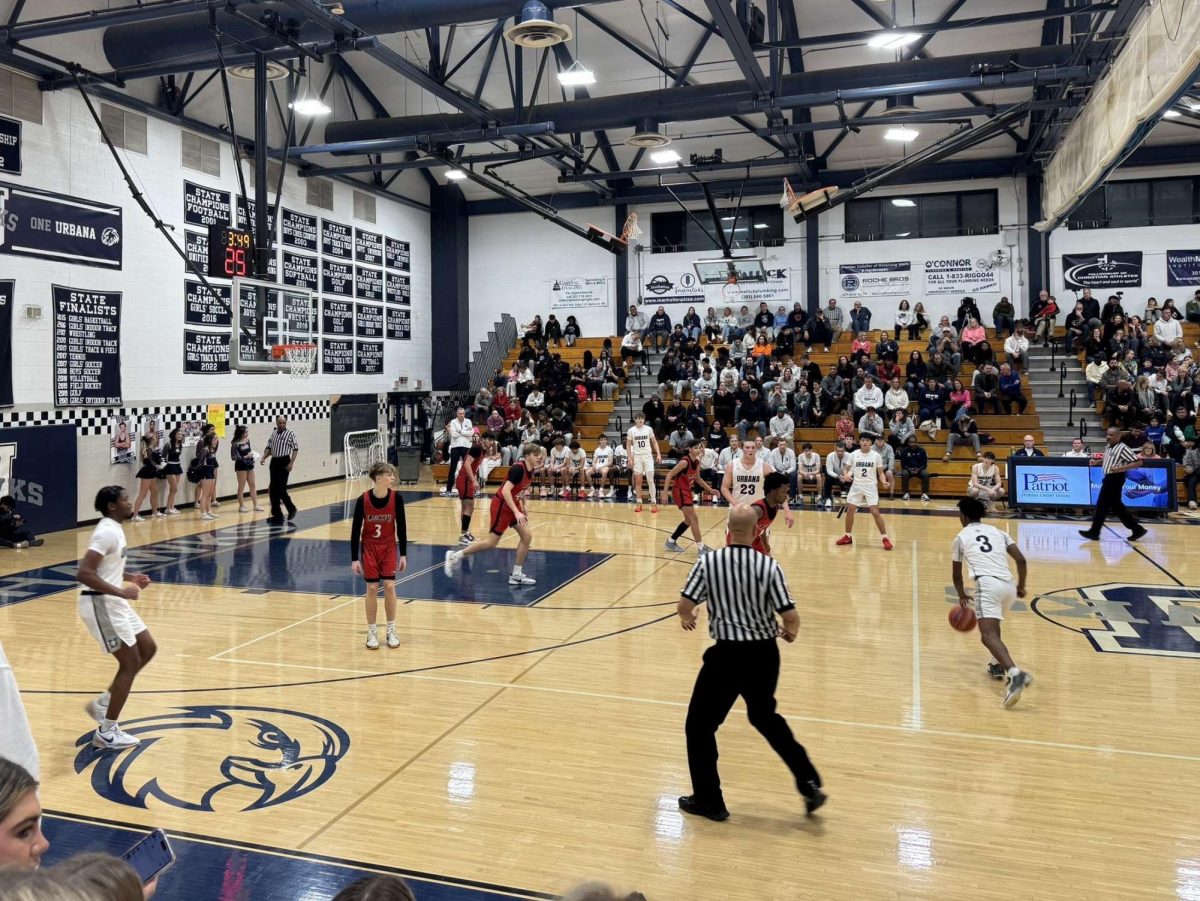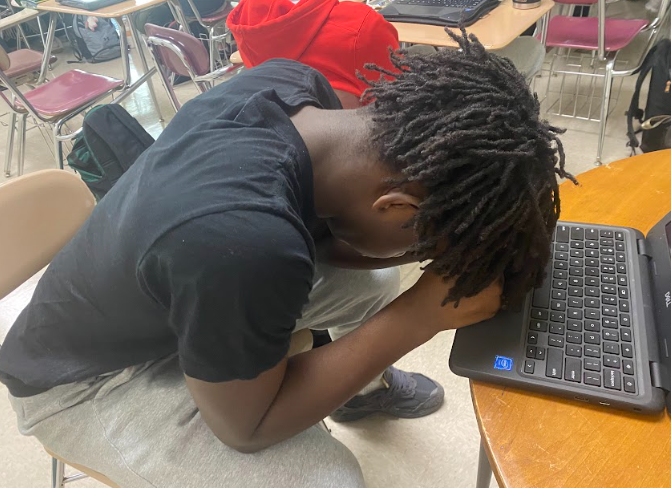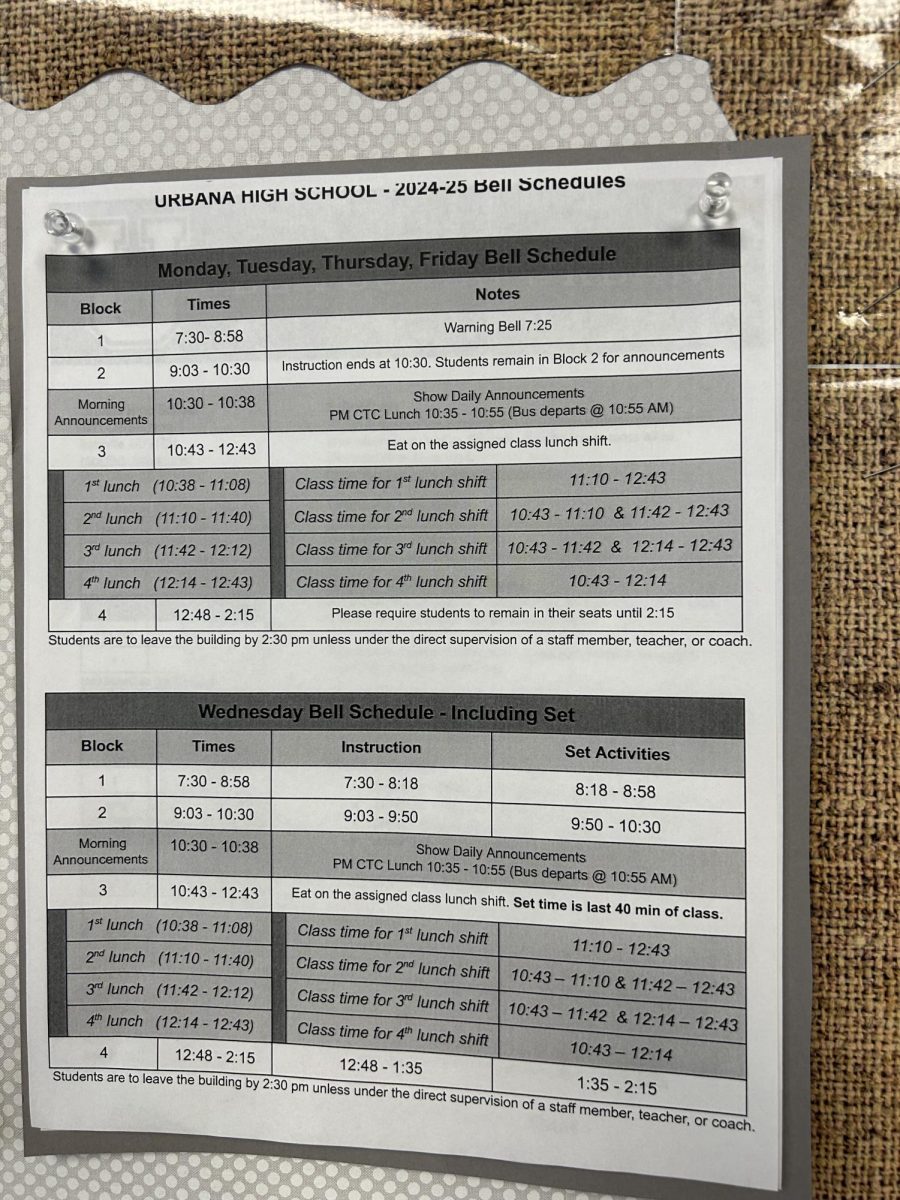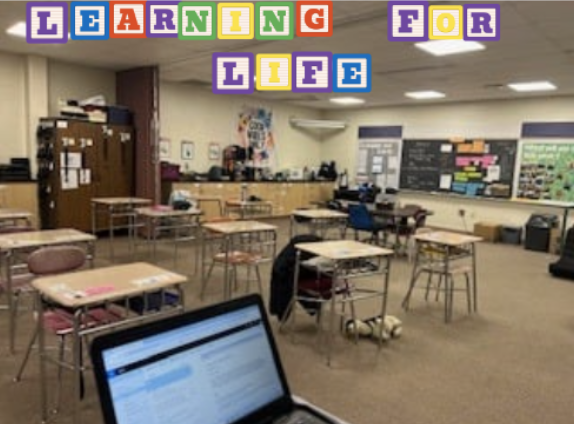Does a Long Summer Make Us Dumber?
School Year Start Date Controversy
April 3, 2019
In the past, Frederick County Public Schools have begun the school year in mid-August; however, in 2017, students and teachers did not return to the classroom until early September. Because of a bill passed by the MD state government, schools are now required to begin their school year after Labor Day and still fit the necessary 180 school days by June 15. This has been a source of great controversy for the past few years. On one hand, the bill allows for a long summer, but on the other hand, many school holidays have been removed and breaks have been shortened. There are benefits and consequences of both a long summer with few breaks during the school year and a shorter summer with more breaks from school.
Long Summer With Few Breaks
In 2016, MD governor Larry Hogan issued an order that required MD schools to begin after Labor Day and end by June 15. The reasons for issuing this order are mainly monetary, as an extended summer is said to be beneficial to the state’s economy. Hogan said that “delaying the start of the school year would be good for businesses, families, and the environment” (Hicks).
An extended summer benefits the economy when people go on vacation. With a long summer, children are free to go on longer and/or more frequent vacations without the pressure of missing school. This means that popular vacation spots, such as Ocean City, Deep Creek Lake, and Baltimore, could see an increase in tourism and therefore spending and profits.
Governor Hogan’s order is beneficial to families, as it allows them to spend more time together and puts less pressure on them to find childcare. By taking more vacations together, families spend more time together and bonds strengthen. When there are so many days off during the year, parents are put under legal and financial pressure to find childcare. During the summer, many parents are able to take off of work more frequently or send children to summer camp. During the school year, however, parents go to work and send children to school each day. By having an extended summer with fewer days off during school, parents do not have to spend extra money to find childcare. Having an extended summer may remove some of the less essential days off that students have, but traditional breaks, such as winter and spring break, would remain.
Another problem created by the school year start date is the use of air conditioning. When school extends into the summer, staff and students often require air conditioning in order to function to their highest potential. The issue with this is that there are schools that cannot afford air conditioning throughout the hot days of the summer. These schools may see lower productivity due to the lack of a luxury, such as AC. Many schools, though, can afford air conditioning in the summer months. When schools use air conditioning for long periods of time, it can pose environmental threats. Using air conditioning requires more energy input and creates harmful emissions, such as greenhouse gases.
When Gov. Hogan made his order in 2016, representatives of both the Democratic and Republican parties supported his statement; however, many feel strongly in opposition of his decree.
Shorter Summer with More Breaks
Opposition to Gov. Hogan’s bill is strong, especially among educators and Democratic legislators. Proponents of a shorter summer with more frequent breaks during the school year are opposed to the extended summer because it is potentially damaging to the education of students.
One of the biggest reasons that educators are against a longer summer is that “the calendar decree could eat into academic preparation for students” and increase “summer learning loss” (Wiggins). With so many standardized and important tests, teachers fear that having a shorter time to prepare students could result in increased stress and poorer performance on exams. Summer learning loss is another fear as students are likely to forget much of the material they learned from the previous year.
A main reason for having a long summer is that it boosts the state’s economy by promoting more vacations; however, having more breaks during the school year could do the exact same thing. Spring break, winter break, and long weekends are the perfect time to get away, especially when vacation spots are so close by. During the summer, many parents work. This makes it difficult to schedule vacations, but during the school year, many breaks that students have are similar to those of parents, enabling them to go away during the school year.
Not only could more frequent breaks in the school year boost the economy, but these breaks could also promote family time. There are many days during the school year that parents have off and students do not (i.e. federal holidays, such as Columbus Day). If students had these days off as well, families could spend a long weekend together, at home or on vacation.
Yet another reason for having more breaks during the school year is that it could boost morale, and in turn the performance, of both students and teachers. When students have long periods of school with no days off, they are left longing for snow, flooding, or anything that could get them out of school. By building in long weekends and days off, the mood at school could improve, potentially resulting in better performance and test scores of students.
A Compromise?
Over the past few years, the school year start date has been a source of great controversy, and there are pros and cons to any way that the school year is scheduled. Hogan issued his executive order in 2016, but before then, individual counties had the liberty to schedule their calendar independently and an overwhelming number of them began school before Labor Day. In February, the MD senate approved a measure to overturn Hogan’s order. This measure has also passed through the House of Delegates and will return to the senate for final consideration. If it follows through, school districts will return to determining their own start and end dates of the school year.
Sources
Dance, S. (2019, March 14). Some Maryland students could return to school in August as legislature moves against Hogan’s order. Retrieved March 26, 2019, from https://www.capitalgazette.com/news/government/bs-md-school-start-passed-20190313-story.html
George, D. S. (2017, September 03). The extended summer of 2017: In Md., school starts after Labor Day. Retrieved from https://www.washingtonpost.com/local/education/the-extended-summer-of-2017-in-md-school-starts-after-labor-day/2017/09/03/c52947e4-8e63-11e7-84c0-02cc069f2c37_story.html?noredirect=on&utm_term=.9d2ed524aac1
Hicks, J. (2016, August 31). Hogan orders Md. schools to start after Labor Day beginning next year. Retrieved from https://www.washingtonpost.com/local/md-politics/hogan-signs-order-requiring-schools-to-start-after-labor-day/2016/08/31/f3da7e00-6ef7-11e6-9705-23e51a2f424d_story.html?noredirect=on&utm_term=.1ffa4dcfdf3a
Wiggins, O. (2019, February 12). Md. Senate approves measure to overturn Gov. Hogan’s order to start school year after Labor Day. Retrieved from https://www.washingtonpost.com/local/md-politics/md-senate-approves-measure-to-overturn-gov-hogans-order-to-start-school-year-after-labor-day/2019/02/12/ec9b67e8-2ef4-11e9-8ad3-9a5b113ecd3c_story.html?noredirect=on&utm_term=.3d17b583590d







